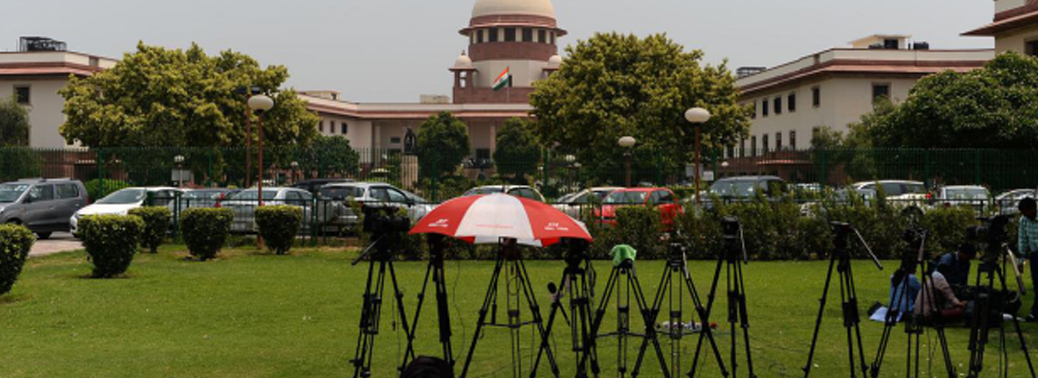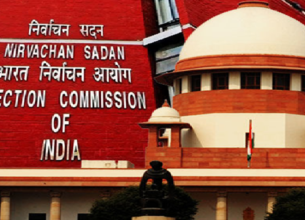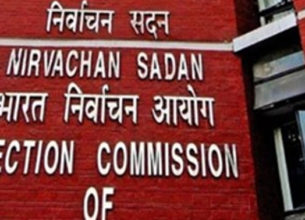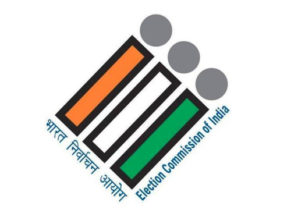PUBLISH CRIMINAL HISTORY OF ELECTION CANDIDATES, SAYS SC
14, Feb 2020

Prelims level : Institutional Reforms
Mains level : GS-II Important aspects of Governance, Transparency and Accountability, e-governance- Applications, Models, Successes, Limitations, and Potential; Citizens Charters, Transparency & Accountability and institutional and other measures.
Why in News?
- The Supreme Court recently ordered political parties to publish the entire criminal history of their candidates for Assembly and Lok Sabha elections.
What did SC said?
- In addition to the entire criminal history of their candidates the reasons that goaded them to field suspected criminals over decent people are also ordered to be published.
- The information should be published in a local as well as a national newspaper as well as the parties’ social media handles.
- It should mandatorily be published either within 48 hours of the selection of candidates or less than two weeks before the first date for filing of nominations, whichever is earlier.
- The published information on the criminal antecedents of a candidate should be detailed and include the nature of their offences, charges framed against him, the court concerned, case number, etc.
- The judgment is applicable to parties both at Central and State levels.
Why this order?
- It appears that over the last four general elections, there has been an alarming increase in the incidence of criminals in politics.
- In 2004, 24% of the Members of Parliament had criminal cases pending against them; in 2009, that went up to 30%; in 2014 to 34%; and in 2019 as many as 43% of MPs had criminal cases pending against them”.
- The unimpeded rise of criminals, often facing heinous charges like rape and murder, encroaching into the country’s political and electoral scenes compelled SC to interfere in this issue.
What are the significances of the Judgement?
- A political party should explain to the public through their published material how the “qualifications or achievements or merit” of a candidate, charged with a crime, impressed it enough to cast aside the smear of his criminal background.
- A party would have to give reasons to the voter that it was not the candidate’s “possibilities of win at the polls” which guided its decision to give him ticket to contest elections.













